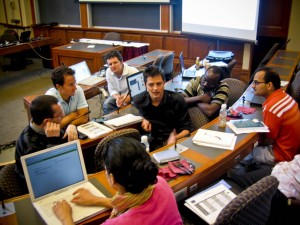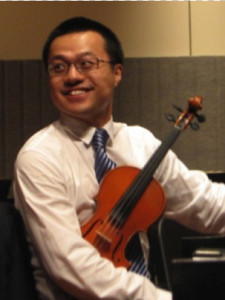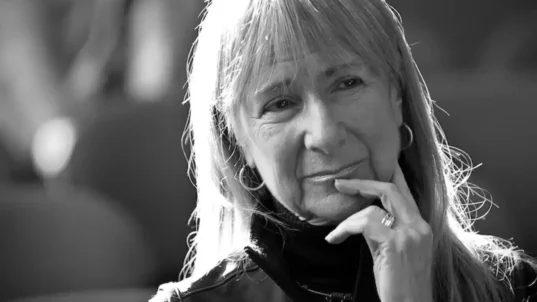–Taiyi Sun
 “How many of you know how to ride a bike? Now, how many of you learned how to ride the bike by reading a book or hearing a lecture on ‘bicycleology’?”
“How many of you know how to ride a bike? Now, how many of you learned how to ride the bike by reading a book or hearing a lecture on ‘bicycleology’?”
These are questions I ask my students at the beginning of every semester at Boston University. There are certain things that can only be learned through doing them. I believe civic education is one of them. By using the Interactivity Foundation’s approach to student-facilitated discussion groups over the past five years, I’ve found a way to foster students’ civic education. This has also been a way to give students an experience of creating and shaping an institution. Institutions are essentially the rules of the game, providing a structure for the practice of the group. Students in my classes get many chances to make rules, and enforce the rules they have created. They get a chance to make an institution. For students, being facilitators of their own discussion groups and discussion projects are not easy things to do, especially if this is the first time. I’ve found that it’s important to empower students whenever we have a chance. Such empowerment doesn’t mean the instructor is losing control of the class. In fact, it means there’s a lot less stress for the instructor.
On the first day of the class, I ask students to come up with “Norms and Norm Corrections” for the entire class as well as for their small groups. Norms are things they think they have to follow. Norm corrections are things that we would do when norms are violated. It is important that both norms and norm corrections come out from students’ own mouth, rather than being suggested by the instructor. When students come up with their own norms and norm corrections, they take ownership and they are more likely to enforce them. If you’re an instructor and you think there’s an important norm that is not being addressed, be patient. The students might just need more time.
There are a lot of uncertainties in classrooms, particularly with courses that involve a lot of organizing. What if new members join their small groups? What if someone is sick or did not finish their individually assigned tasks for the group project? What if the small groups cannot make a decision? If the instructor has the burden to answer and solve those questions, then there will be a lot of stress on one person—the instructor. Instead, I have always asked the students in their small groups to come up with their own decision-making mechanisms, the rules of their own discussion groups. If they want dictatorship in the small group, that is ok with me. They will be able to experience the pros and cons of various decision-making mechanisms, but they have to follow the rules that they have agreed on.
The rules to deal with various scenarios are made by students at the beginning of the semester and enforced by the group. When things do not go as well as they expected, the instructor can use that as a reflection point on the institutions they have built. It becomes a teachable moment about forming institutions—rather than a moment of crisis for the instructor thinking that that s/he did not design the course perfect enough. The norms, norm corrections, and other institutions that students have come up with serve as a layer of protection for the student-centered activities in my classrooms. They also provide additional opportunities for students to exercise and experience civic processes. The civic exercise and institution building did not make the class less flexible, but, to the contrary, provided the structure in which students can be more creative and exploratory. Students are learning to “ride the bike” of civic education. If you are still hesitant to take this step and to let go of the power of the instructor, fearing perhaps that students in certain classes might go out of control, then you can start by adding some of your guiding principles in the syllabus. Eventually, I think you’ll find that when it comes to students’ civic education in the classroom, there’s no substitute for learning by doing.
 Taiyi Sun is a lecturer and Ph.D. candidate in the Department of Political Science at Boston University.
Taiyi Sun is a lecturer and Ph.D. candidate in the Department of Political Science at Boston University.



